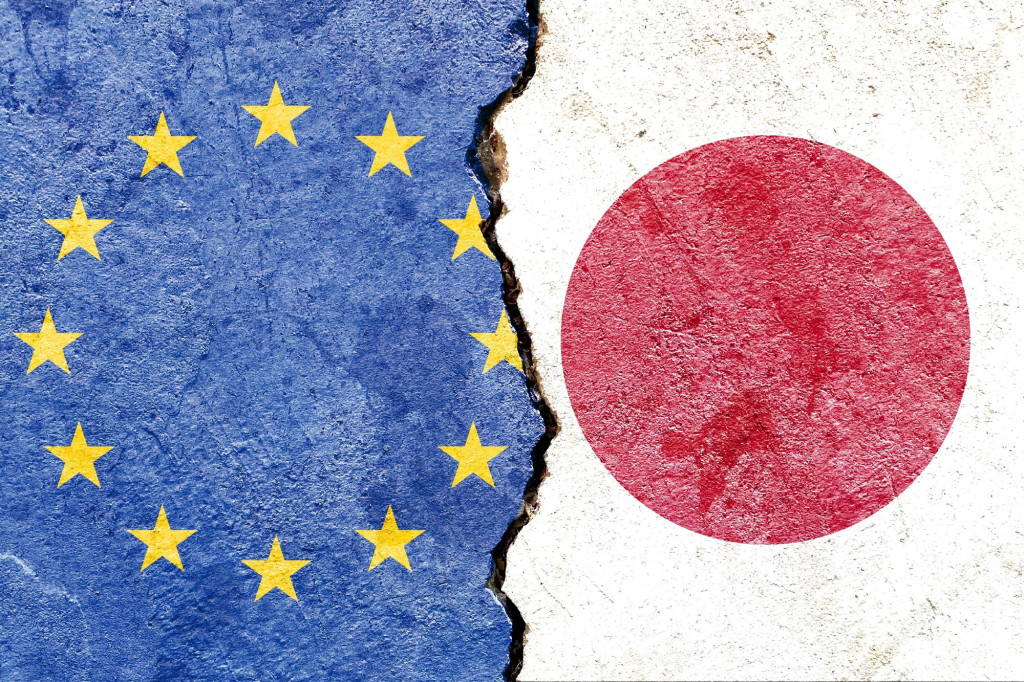EU and Japan strengthen strategic alliance on digital technologies
The meeting focused on expanding collaboration in areas such as AI, 5G/6G, quantum computing, semiconductors, cybersecurity, and data governance.

The European Union and Japan held their third Digital Partnership Council in Tokyo to deepen cooperation in digital and technological fields. Against the backdrop of global geopolitical tensions, both sides reaffirmed their shared values and commitment to building resilient, secure, and competitive digital economies. The Council focused on expanding collaboration in areas such as AI, 5G/6G, quantum computing, semiconductors, cybersecurity, and data governance.
Key outcomes included:
- A joint commitment to semiconductor research and supply chain resilience.
- Enhanced research on 6G networks through the 6G MIRAI-HARMONY project.
- A new joint call for quantum computing projects targeting biomedicine, climate modeling, and materials science.
- Progress on interoperable digital identities and trust services.
- Plans to establish a working group on cross-border data sharing.
- Ongoing regulatory exchanges for safer online platforms and digital market fairness.
- Strengthened cooperation on submarine cables and Arctic data routes to ensure secure global connectivity.
- A continued cybersecurity dialogue focusing on critical infrastructure protection.
On 13 May, the EU and Japan will sign a Letter of Intent to enhance cooperation on quantum technologies, with potential applications in climate science, energy, and disaster resilience. The next Digital Partnership Council is scheduled for 2026 in Brussels.
This meeting is important as it helps establish aligned frameworks for technology governance between two of the world’s leading digital economies. Their joint actions on AI, cybersecurity, and data sharing are likely to influence international norms and shape interoperable standards. For businesses, researchers, and civil society, this partnership creates opportunities to contribute to a rule-based, open digital environment rooted in trust and democratic values. It also counters fragmented regulatory approaches by demonstrating how transnational cooperation can address global tech challenges in a coordinated and rights-based manner.


